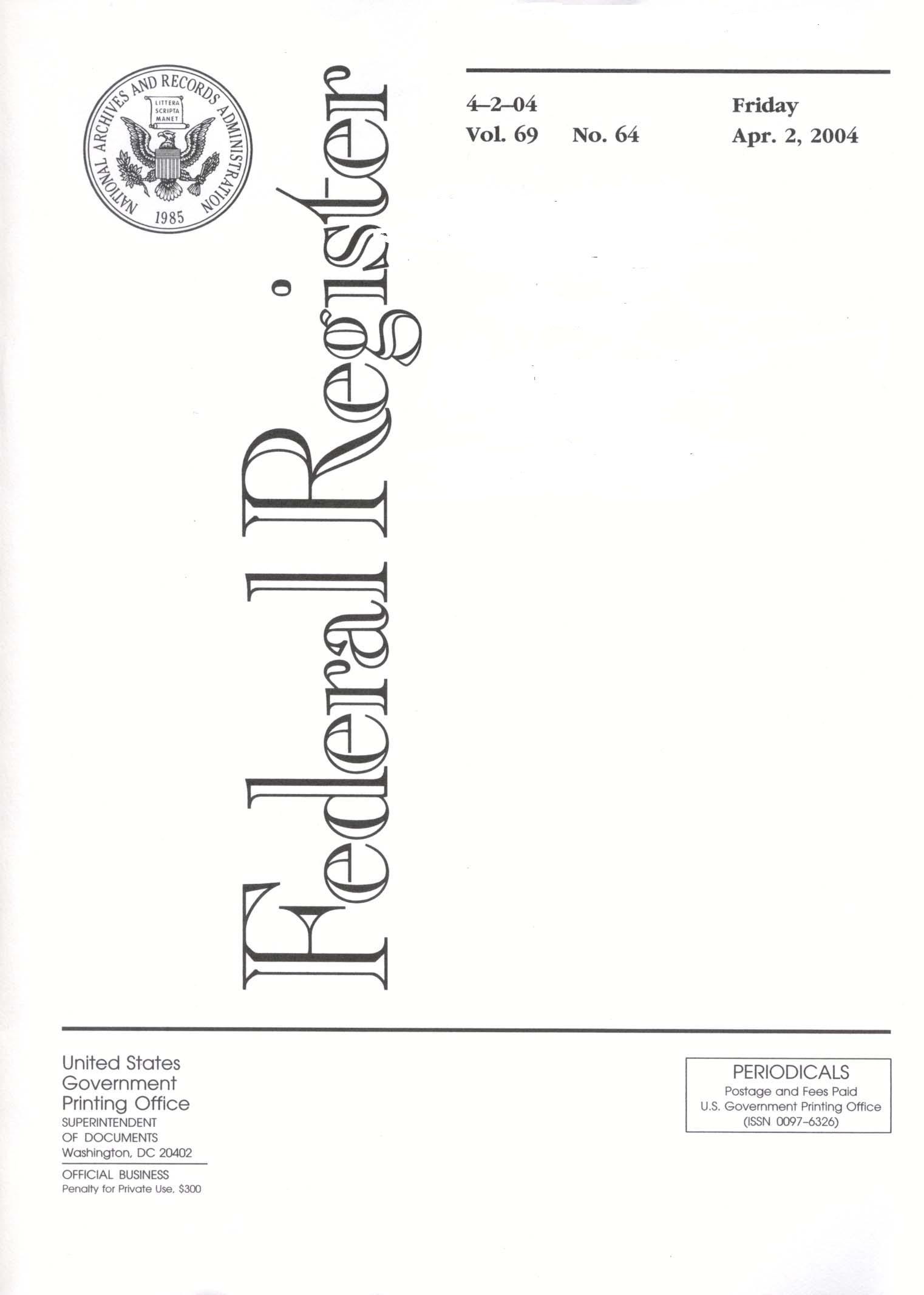|
Canada Gazette
The ''Canada Gazette'' (french: Gazette du Canada) is the official government gazette of the Government of Canada. It was first published on October 2, 1841. While it originally published all acts of the Parliament of Canada, it later also published treaties, hearing and tribunals, proclamations and regulations, and various other official notices as required. At one time it contained information on bankruptcies. It has been administered by Public Works and Government Services Canada and the King's Printer for Canada since 1841. The ''Gazette'' is most often read to find new acts, regulations and proclamations. Legal status While not always widely read by the public, publication in the ''Gazette'' is considered official notice to all Canadians. After a regulation has been approved by the Privy Council Office and then the Cabinet of Canada, the regulation is published in the ''Gazette''. If a regulation has not been published in the ''Gazette'', a person cannot be convicted of ... [...More Info...] [...Related Items...] OR: [Wikipedia] [Google] [Baidu] |
Government Gazette
A government gazette (also known as an official gazette, official journal, official newspaper, official monitor or official bulletin) is a periodical publication that has been authorised to publish public or legal notices. It is usually established by statute or official action, and publication of notices within it, whether by the government or a private party, is usually considered sufficient to comply with legal requirements for public notice. Gazettes are published either in print, electronically or both. Publication within privately owned periodicals In some jurisdictions, privately owned newspapers may also register with the public authorities in order to publish public and legal notices. Likewise, a private newspaper may be designated by the courts for publication of legal notices. These are referred to as "legally adjudicated newspapers". See also *List of government gazettes **List of British colonial gazettes *Journals of legislative bodies *Annals Annals ( la, an ... [...More Info...] [...Related Items...] OR: [Wikipedia] [Google] [Baidu] |
HTML
The HyperText Markup Language or HTML is the standard markup language for documents designed to be displayed in a web browser. It can be assisted by technologies such as Cascading Style Sheets (CSS) and scripting languages such as JavaScript. Web browsers receive HTML documents from a web server or from local storage and render the documents into multimedia web pages. HTML describes the structure of a web page semantically and originally included cues for the appearance of the document. HTML elements are the building blocks of HTML pages. With HTML constructs, images and other objects such as interactive forms may be embedded into the rendered page. HTML provides a means to create structured documents by denoting structural semantics for text such as headings, paragraphs, lists, links, quotes, and other items. HTML elements are delineated by ''tags'', written using angle brackets. Tags such as and directly introduce content into the page. Other tags such as surround ... [...More Info...] [...Related Items...] OR: [Wikipedia] [Google] [Baidu] |
Legal Research
Legal research is "the process of identifying and retrieving information necessary to support legal decision-making. In its broadest sense, legal research includes each step of a course of action that begins with an analysis of the facts of a problem and concludes with the application and communication of the results of the investigation." The processes of legal research vary according to the country and the legal system involved. Legal research involves tasks such as: # Finding primary sources of law, or primary authority, in a given jurisdiction ( cases, statutes, regulations, etc.). # Searching secondary authority, for background information about a legal topics. Secondary authorities can come in many forms (for example, law reviews, legal dictionaries, legal treatises, and legal encyclopedias such as American Jurisprudence and Corpus Juris Secundum). # Searching non-legal sources for investigative or supporting information. Legal research is performed by anyone with a need fo ... [...More Info...] [...Related Items...] OR: [Wikipedia] [Google] [Baidu] |
Government Gazettes
A government gazette (also known as an official gazette, official journal, official newspaper, official monitor or official bulletin) is a periodical publication that has been authorised to publish public or legal notices. It is usually established by statute or official action, and publication of notices within it, whether by the government or a private party, is usually considered sufficient to comply with legal requirements for public notice. Gazettes are published either in print, electronically or both. Publication within privately owned periodicals In some jurisdictions, privately owned newspapers may also register with the public authorities in order to publish public and legal notices. Likewise, a private newspaper may be designated by the courts for publication of legal notices. These are referred to as "legally adjudicated newspapers". See also *List of government gazettes **List of British colonial gazettes *Journals of legislative bodies *Annals *Newspaper of recor ... [...More Info...] [...Related Items...] OR: [Wikipedia] [Google] [Baidu] |
Newspapers Published In Ottawa
A newspaper is a periodical publication containing written information about current events and is often typed in black ink with a white or gray background. Newspapers can cover a wide variety of fields such as politics, business, sports and art, and often include materials such as opinion columns, weather forecasts, reviews of local services, obituaries, birth notices, crosswords, editorial cartoons, comic strips, and advice columns. Most newspapers are businesses, and they pay their expenses with a mixture of subscription revenue, newsstand sales, and advertising revenue. The journalism organizations that publish newspapers are themselves often metonymically called newspapers. Newspapers have traditionally been published in print (usually on cheap, low-grade paper called newsprint). However, today most newspapers are also published on websites as online newspapers, and some have even abandoned their print versions entirely. Newspapers developed in the 17th century, as ... [...More Info...] [...Related Items...] OR: [Wikipedia] [Google] [Baidu] |
Publications Established In 1841
To publish is to make content available to the general public.Berne Convention, article 3(3) URL last accessed 2010-05-10.Universal Copyright Convention, Geneva text (1952), article VI . URL last accessed 2010-05-10. While specific use of the term may vary among countries, it is usually applied to text, images, or other content, including paper ( |
1841 Establishments In Canada
Events January–March * January 20 – Charles Elliot of the United Kingdom, and Qishan of the Qing dynasty, agree to the Convention of Chuenpi. * January 26 – Britain occupies Hong Kong. Later in the year, the first census of the island records a population of about 7,500. * January 27 – The active volcano Mount Erebus in Antarctica is discovered, and named by James Clark Ross. * January 28 – Ross discovers the "Victoria Barrier", later known as the Ross Ice Shelf. On the same voyage, he discovers the Ross Sea, Victoria Land and Mount Terror. * January 30 – A fire ruins and destroys two-thirds of the villa (modern-day city) of Mayagüez, Puerto Rico. * February 4 – First known reference to Groundhog Day in North America, in the diary of a James Morris. * February 10 – The Act of Union (''British North America Act'', 1840) is proclaimed in Canada. * February 11 – The two colonies of the Canadas are merged, into the United Province of Canada. * February 1 ... [...More Info...] [...Related Items...] OR: [Wikipedia] [Google] [Baidu] |
List Of Government Gazettes
This is a list of government gazettes. See also *List of British colonial gazettes This is a list of official government gazettes for current and former British colonies or protectorates. Some are available to consult at the British National Archives or the British Library. See also *List of government gazettes This is a l ... Notes References * Lists of publications Lists of newspapers {{DEFAULTSORT:Government gazettes es:Diario_oficial#Diarios_oficiales_diversos ... [...More Info...] [...Related Items...] OR: [Wikipedia] [Google] [Baidu] |
Royal Assent
Royal assent is the method by which a monarch formally approves an act of the legislature, either directly or through an official acting on the monarch's behalf. In some jurisdictions, royal assent is equivalent to promulgation, while in others that is a separate step. Under a modern constitutional monarchy, royal assent is considered little more than a formality. Even in nations such as the United Kingdom, Norway, the Netherlands, Liechtenstein and Monaco which still, in theory, permit their monarch to withhold assent to laws, the monarch almost never does so, except in a dire political emergency or on advice of government. While the power to veto by withholding royal assent was once exercised often by European monarchs, such an occurrence has been very rare since the eighteenth century. Royal assent is typically associated with elaborate ceremony. In the United Kingdom the Sovereign may appear personally in the House of Lords or may appoint Lords Commissioners, who announce ... [...More Info...] [...Related Items...] OR: [Wikipedia] [Google] [Baidu] |
Government Of Canada
The government of Canada (french: gouvernement du Canada) is the body responsible for the federal administration of Canada. A constitutional monarchy, the Crown is the corporation sole, assuming distinct roles: the executive, as the ''Crown-in-Council''; the legislature A legislature is an assembly with the authority to make law Law is a set of rules that are created and are enforceable by social or governmental institutions to regulate behavior,Robertson, ''Crimes against humanity'', 90. with its p ..., as the ''Crown-in-Parliament''; and the courts, as the ''Crown-on-the-Bench''. Three institutions—the Privy Council ( conventionally, the Cabinet); the Parliament of Canada; and the Judiciary of Canada, judiciary, respectively—exercise the powers of the Crown. The term "Government of Canada" (french: Gouvernement du Canada, links=no) more commonly refers specifically to the executive—Minister of the Crown, ministers of the Crown (the Cabinet) and th ... [...More Info...] [...Related Items...] OR: [Wikipedia] [Google] [Baidu] |
Statutory Instruments
In many countries, a statutory instrument is a form of delegated legislation. United Kingdom Statutory instruments are the principal form of delegated or secondary legislation in the United Kingdom. National government Statutory instruments (or 'regulations') are primarily governed by the Statutory Instruments Act 1946, which replaced the system of statutory rules and orders governed by the Rules Publication Act 1893. Following the 2016 EU membership referendum and the subsequent publication of the European Union (Withdrawal) Bill, there has been concern that its powers enabling ministers to issue statutory instruments under the bill may enable the government to bypass Parliament. Although this has been criticised by some as being undemocratic, draft regulations must be "laid before" Parliament, which may always demand a full debate on contentious issues. [...More Info...] [...Related Items...] OR: [Wikipedia] [Google] [Baidu] |
Provinces Of Canada
A province is almost always an administrative division within a country or sovereign state, state. The term derives from the ancient Roman ''Roman province, provincia'', which was the major territorial and administrative unit of the Roman Empire, Roman Empire's territorial possessions outside Roman Italy, Italy. The term ''province'' has since been adopted by many countries. In some countries with no actual provinces, "the provinces" is a metaphorical term meaning "outside the capital city". While some provinces were produced artificially by Colonialism, colonial powers, others were formed around local groups with their own ethnic identities. Many have their own powers independent of central or Federation, federal authority, especially Provinces of Canada, in Canada and Pakistan. In other countries, like Provinces of China, China or Administrative divisions of France, France, provinces are the creation of central government, with very little autonomy. Etymology The English langu ... [...More Info...] [...Related Items...] OR: [Wikipedia] [Google] [Baidu] |






.jpg)
